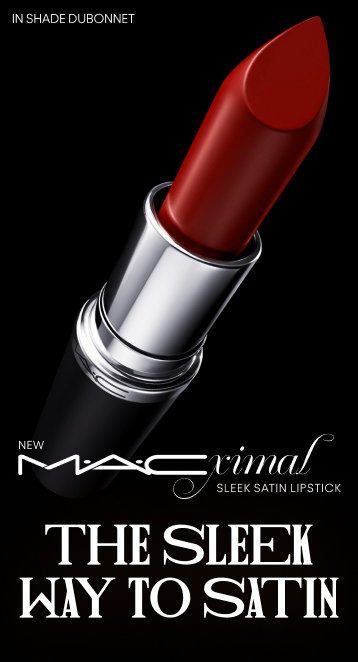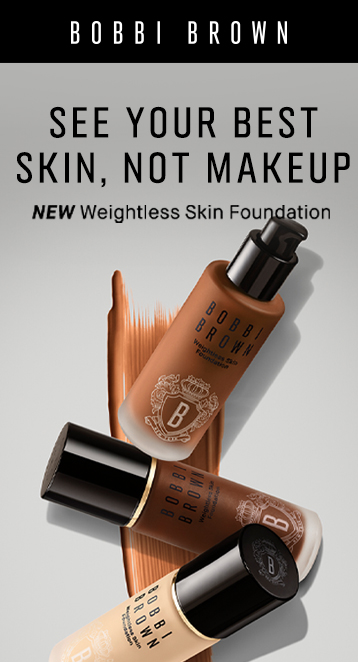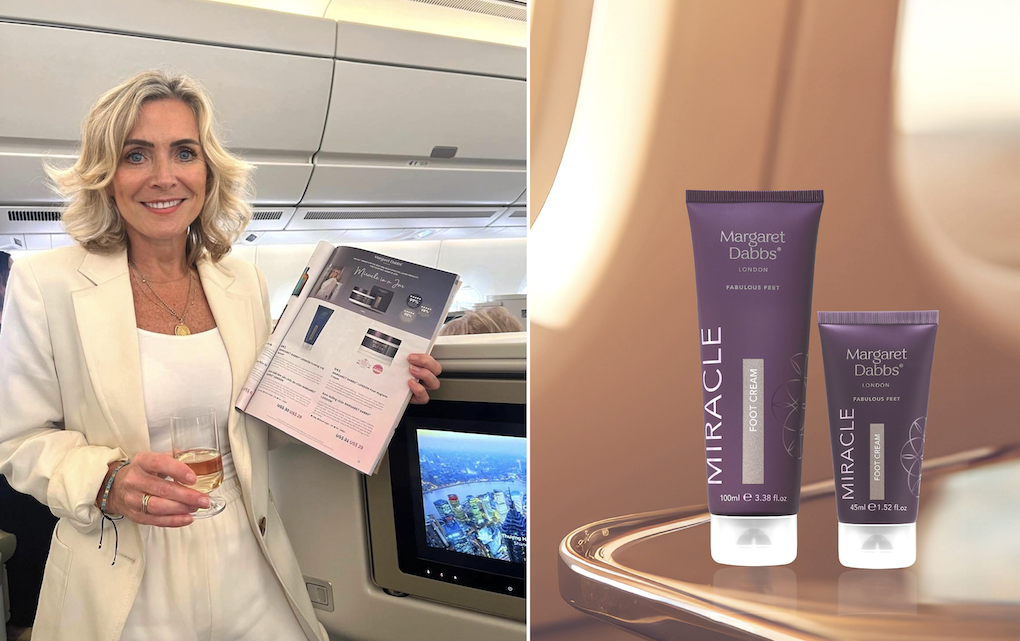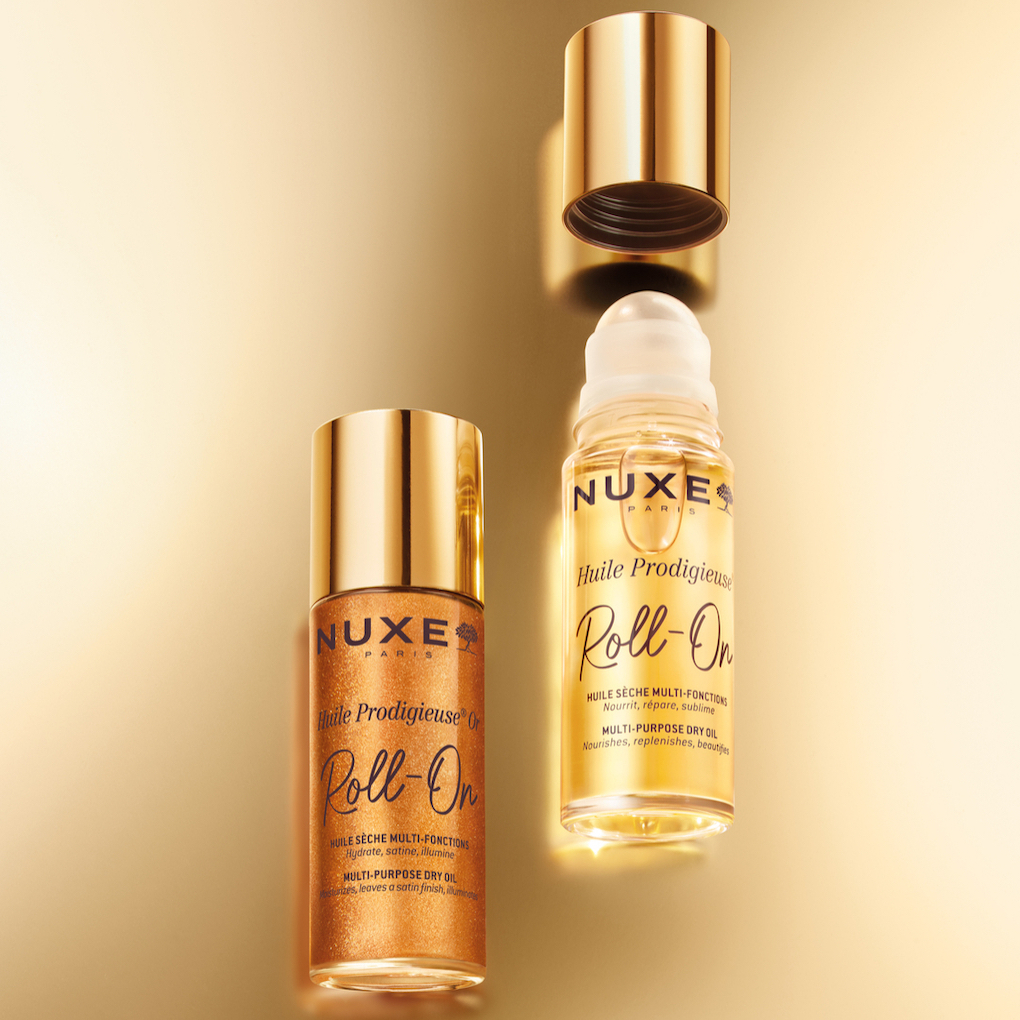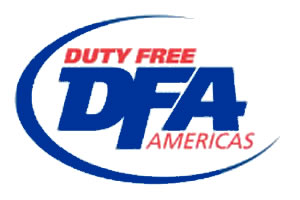 |
USA. The United States Court of Appeals on Friday upheld the District Court’s dismissals of Duty Free America’s (DFA) multi-count suit against The Estée Lauder Companies Inc (Estée Lauder), the latest twist in an extraordinary dispute between the country’s largest beauty supplier and one of its travel retail giants that has been running since 2012.
In its latest challenge, DFA continued to claim that Estée Lauder’s refusal to do business with DFA, and its communication of that fact to airport authorities evaluating whether to offer rental space to the Falic family-controlled travel retailer, violated several federal and state laws.
DFA also alleged that Estée Lauder placed anti-competitive restrictions on duty free retailers’ display space and ability to select their own inventory and sought injunctive relief from these requirements. Finally, it claimed that its competitors disparaged its business methods and financial projections to airport authorities and sought to hold Estée Lauder accountable for all of those statements.
DFA had earlier filed suit in the United States District Court for the Southern District of Florida, asserting three claims in its amended complaint: (1) attempted monopolization, in violation of § 2 of the Sherman Act; (2) contributory false advertising, in violation of § 43(a) of the Lanham Act; and (3) tortious interference with a prospective business relationship, in violation of Florida law. As reported, the district court had dismissed the lawsuit in its entirety for failure to state a claim.
As revealed by The Moodie Report, DFA began the anti-trust action in April 2012, arguing that the beauty products giant had conducted “a campaign of anti-competitive and tortious activity to drive DFA out of business”.
In summarising its ruling, the United States Court of Appeals said: “After thorough review, we affirm. On each claim, DFA failed to allege basic facts sufficient to state a claim to relief that is plausible on its face. Thus, in pleading its antitrust claim, DFA did not adequately allege that Estée Lauder engaged in predatory or anticompetitive conduct. Nor has DFA come close to establishing standing to seek injunctive relief from the requirements that Estée Lauder places on its competitors, inasmuch as DFA no longer does any business with Estée Lauder.
“As for its false advertising claim, DFA failed to plead sufficient facts from which a court could find that Estée Lauder made false statements, or, for that matter, was responsible for any such statements made by DFA’s competitors. Finally, the complaint failed to allege any improper conduct sufficient to constitute tortious interference with a business relationship in violation of Florida law.”
The Moodie Report has approached both parties for comment and will bring you any reaction that is forthcoming.



